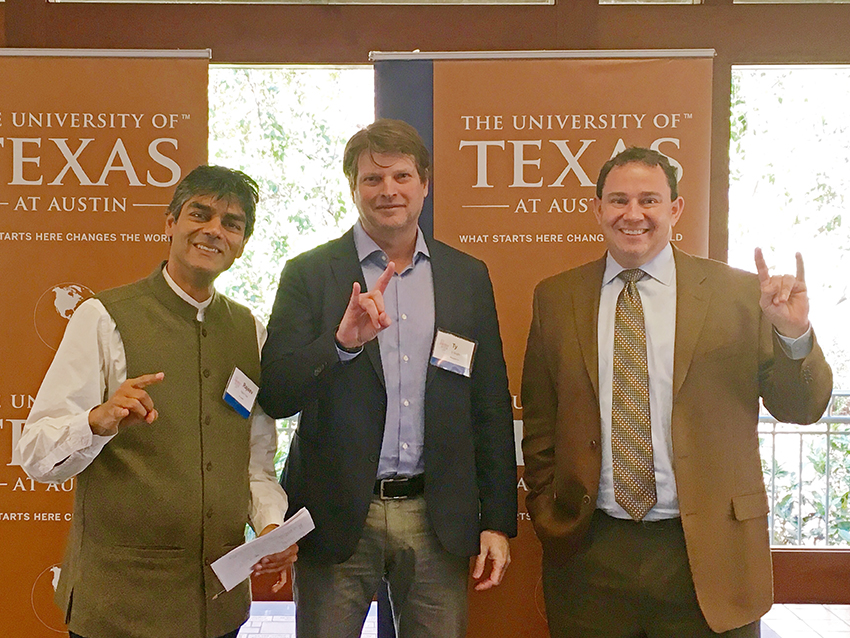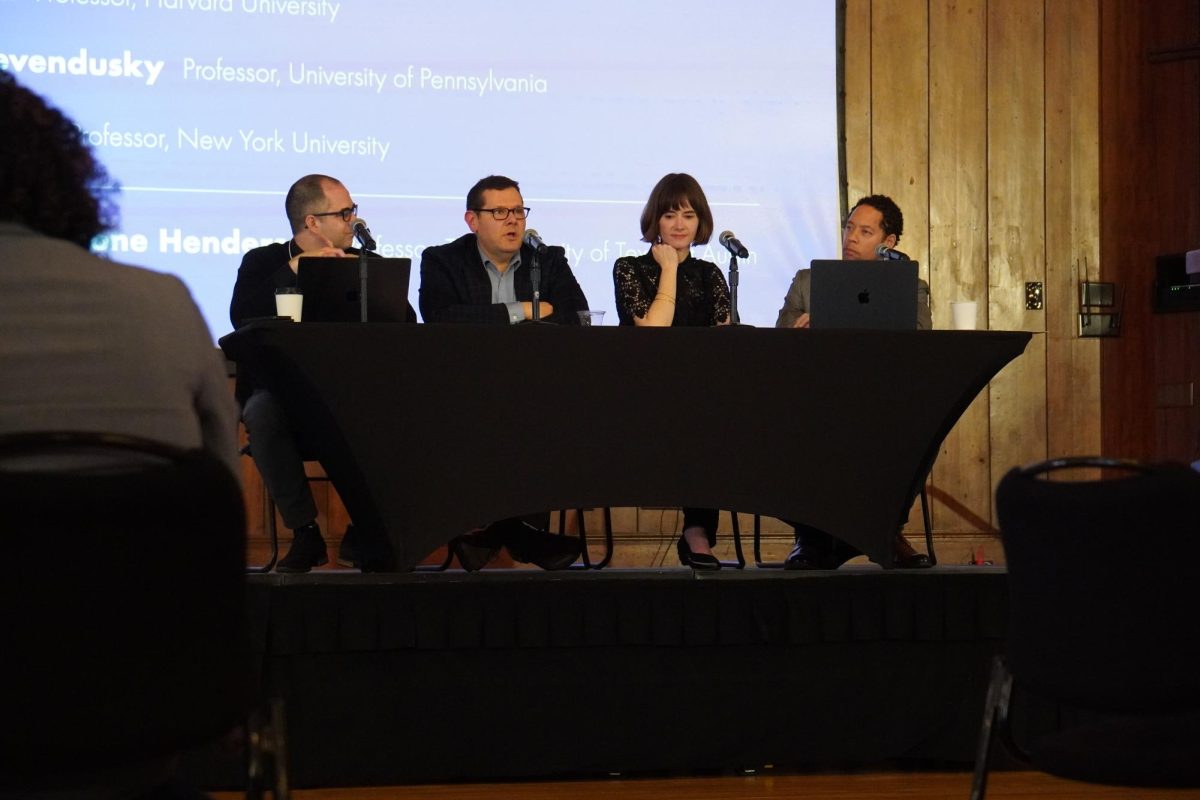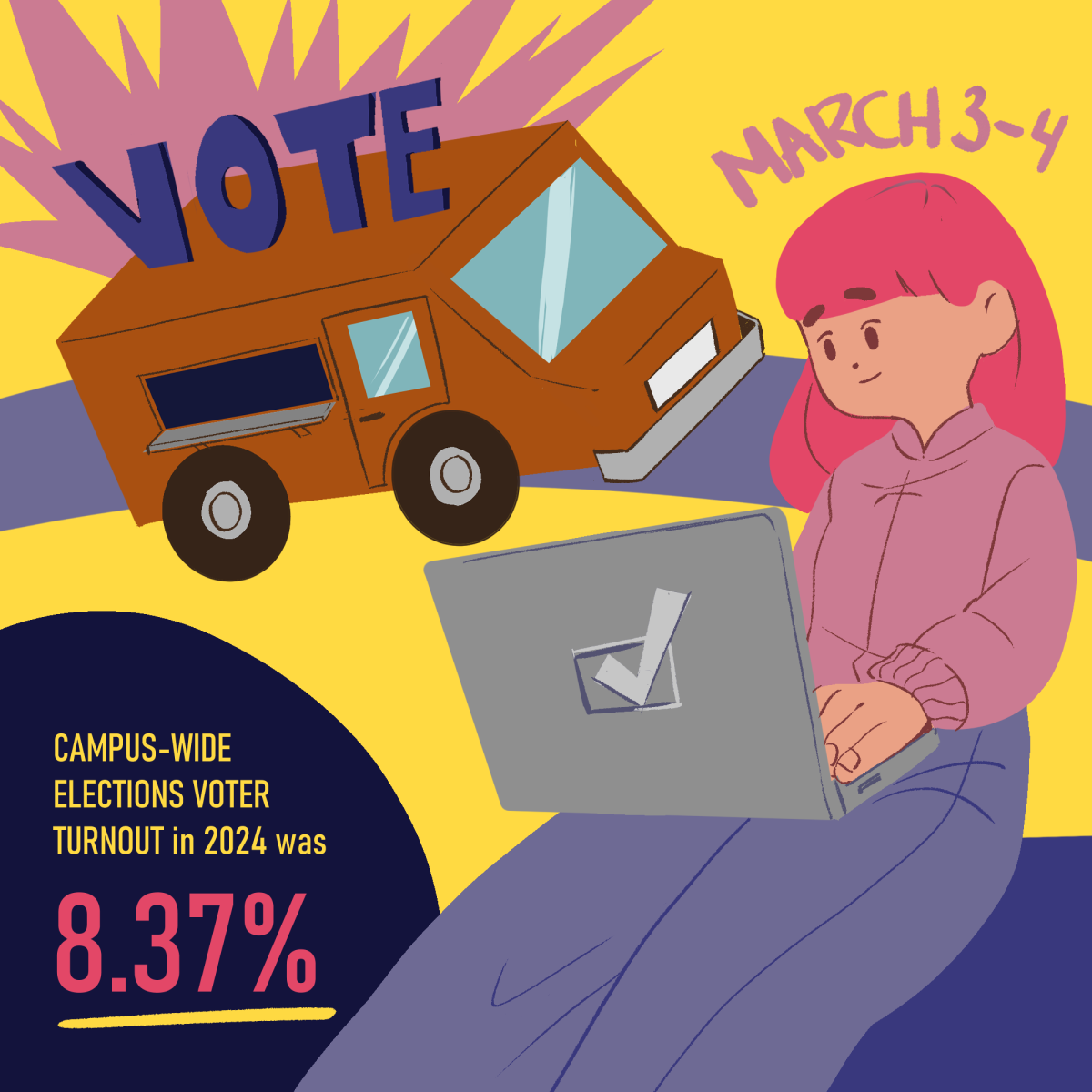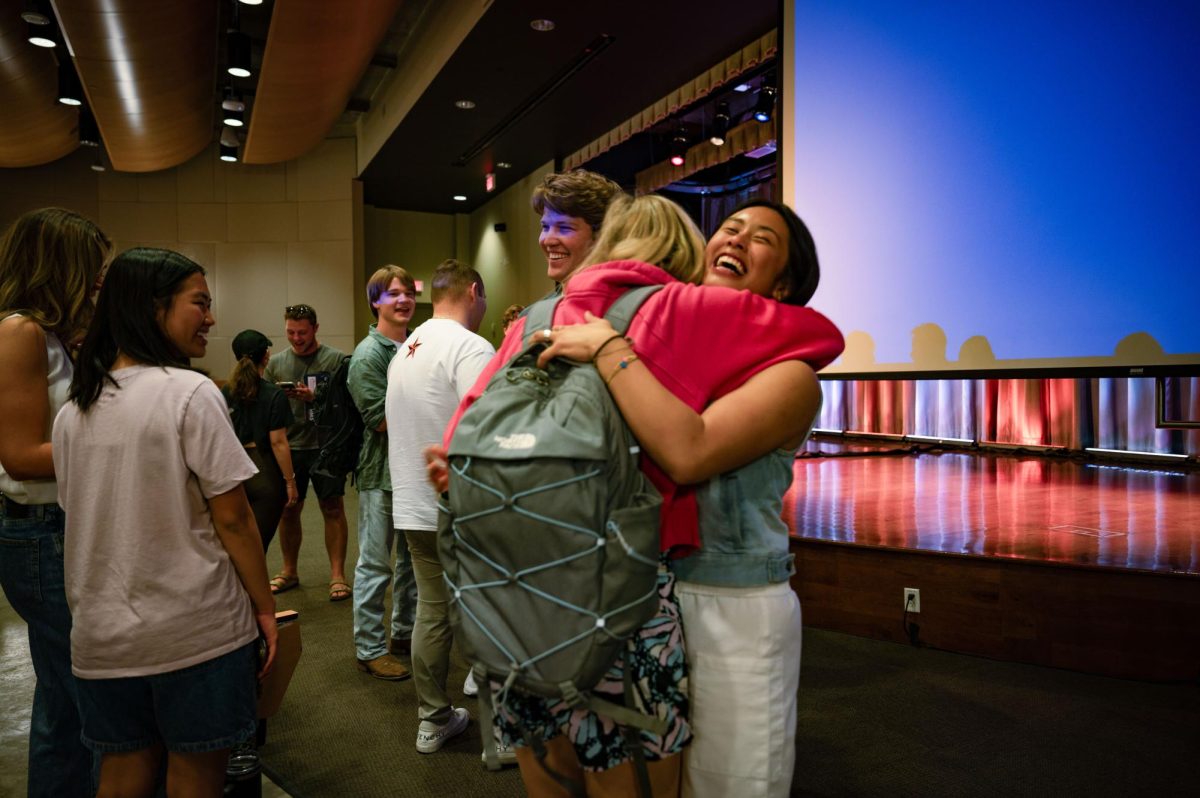Panelists said improvements in agriculture can decrease overall energy use at a conference Tuesday, as part of UT Energy Week.
The week consists of a series of conferences about renewable energy by scientists and researchers in the energy and environmental community.
Ty Vaughn, director of global regulatory affairs at sustainable agriculture company Monsanto, spoke about the complex relationship between agriculture and energy and what Monsanto is doing to reduce the environmental impact of current agricultural techniques.
“Over time, as we became more aware of how agriculture fits into the larger conversation of climate change, of food security, we’ve started to change the way we think about agriculture,” Vaughn said.
Vaughn said Monsanto tackles energy challenges using a holistic system of approaches, such as designing efficient equipment for growers and implementing better farming techniques.
“[We try to explore] how [to] more precisely plant, fertilize and harvest crops,” Vaughn said. “And what they can do to try and alleviate some challenges that [growers] have in their fields, [such as] managing pests, using biotech, using data sciences [and] using microbials.”
Engineering professor David Allen, who also spoke at the conference, said the harmful effects of carbon emissions are not news to the public, but new information about specific sources of these emissions is necessary.
“People have known their entire driving lives that these emissions have an impact,” Allen said. “We need new data; we’re beginning to get some of that.”
Vaughn said somewhere between 30 to 40 percent of food produced is wasted because it isn’t consumed.
Danielle Fuchs, technology communications manager of Monsanto, said regulating food waste is a great way to save energy.
“I’m always trying to use what I have before I buy more of something,” Fuchs said. “I relate it a lot to what’s in my refrigerator, planning out my meals and not wasting the fruit on my counter or having something spoil in my refrigerator.”
Vaughn said it is equally important for college students to look online and educate themselves about environmental issues.
“The complexity of climate change, the complexity of biotech, these are all things that people have an opinion on, that they become emotional about,” Vaughn said. “We can ground ourselves in what’s true versus what’s propaganda, … educate yourself on the issues in terms of all the aspects and not just land really quickly on one thing.”





















